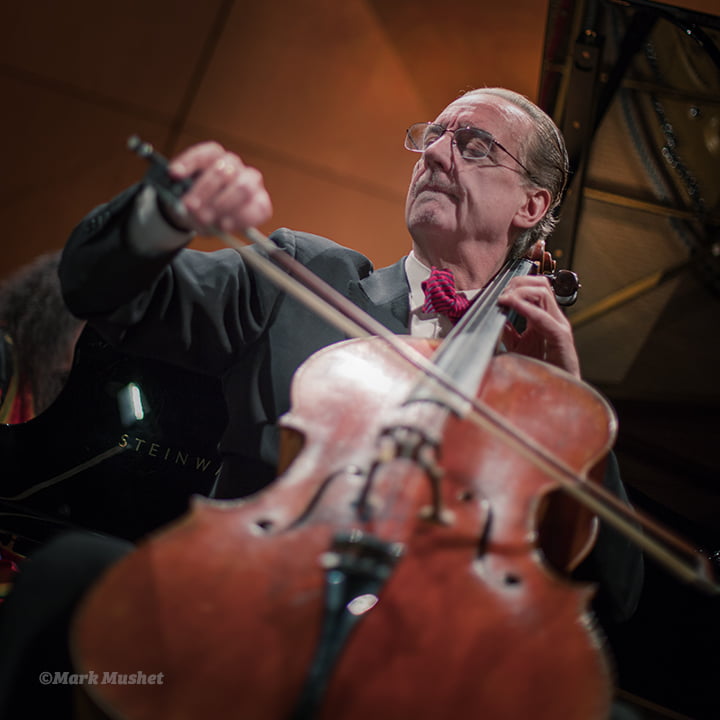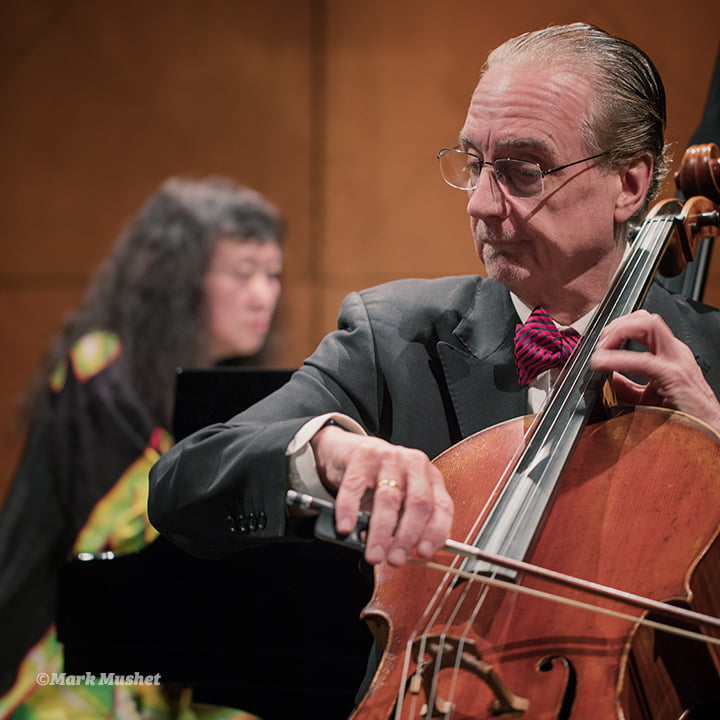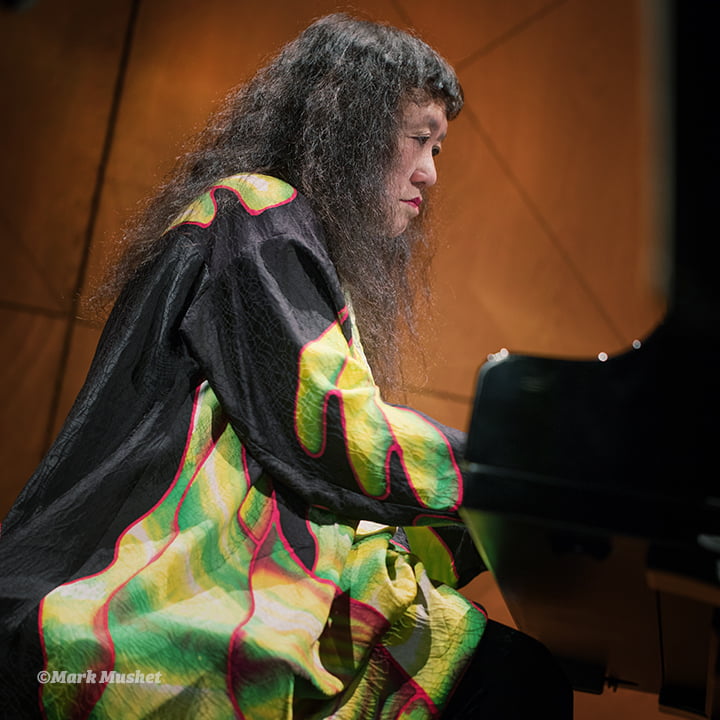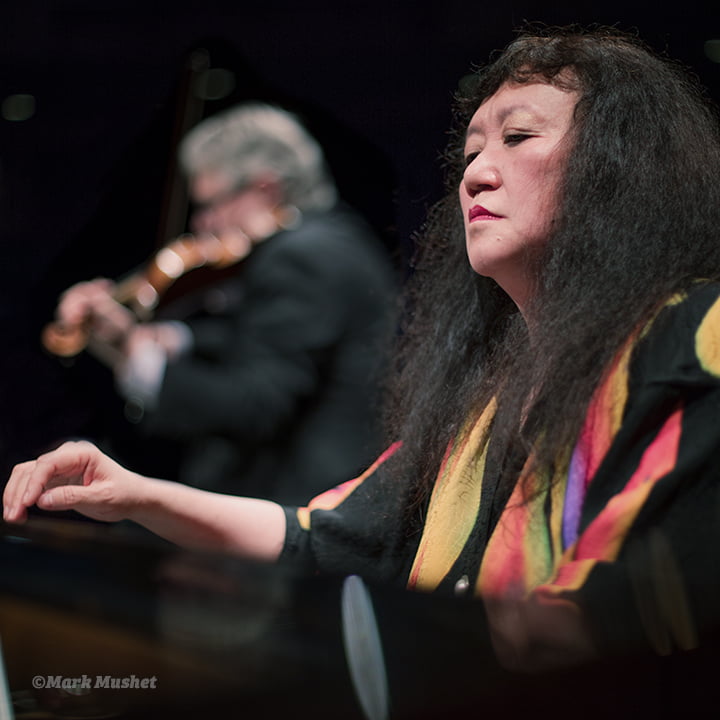On February 6, 2024, we enjoyed the 10th concert performed by the Han Finckel Setzer Trio for the Friends of Chamber Music. They brought us the same program they played for their first concert in Vancouver in 2011: Viennese composer Franz Schubert’s Opus 99 and 100 piano trios. These trios are mature works from a brilliantly gifted young man who died at age 31.
Like most of Schubert’s music, both trios are filled with melodies that could be sung by a human voice. Given his incredible output as a composer of lieder (German art songs), this is not at all surprising. Schubert’s capacity to blend violin, piano, and cello as they intertwine in waves of sonic colours and subtle changes of rhythm and volume is astounding. The music shifts keys effortlessly while not sacrificing melody and is always pleasing to the ears of the listeners.
But, to give this music its sweetness and force while staying balanced and blended, the players need to communicate amongst themselves while also keeping pace. All three players have told us that to perform these two piano trios as a single program is similar to running a 10 km race, combined with maintaining almost telepathic communication. This trio of musicians is up to the challenge on all counts.
Violinist Philip Setzer is familiar to our Vancouver audiences not only as a member of the Trio, but as a founding member of the now disbanded Emerson String Quartet. Cellist David Finckel was a member of the Emerson from 1979 (the first year they played for us) until 2013, so the two string players know each other well and have performed together many times. David Finckel and Wu Han are co-artistic directors of the Chamber Music Society of Lincoln Center in NYC, whose ensembles regularly visit Vancouver to play for us. They are also co-artistic directors of the summer festival, Music@Menlo in California. And they are regular recital and recording partners. Hearing these three artists play together is the real thing.
While the Trio’s performance of these two Schubert works in 2011 built our connection and commitment to the group, this concert more than a dozen years on has given us a concert of mature, exciting, and melodious artistry. The interlacing layers of melodies, whether in the faster Allegros or the achingly beautiful and slower Andantes, washed over us. The sound was a mix of late-Classical and early-Romantic, revealing the architecture of the music along with sonic delight and joy coming from the minds and hands of these three wonderful interpretive artists. The close communication amongst them, using the written phrases and lines of notes, had the audience feeling as if we were listening to both a process of discovery and the polished sound of a carefully planned performance. In the hands of these musicians such opposed concepts create connections rather than contradictions. Without a doubt, we enjoyed an evening of musical delights.
After the final notes of each trio settled in the ears of our audience, the bravos rang out both before intermission and at the end of the concert, and people in the Playhouse rose to their feet in ovation. If you were there, you shared that experience. And if you were not with us on Tuesday, we hope you will choose to join us for such fine music-making at future concerts.



